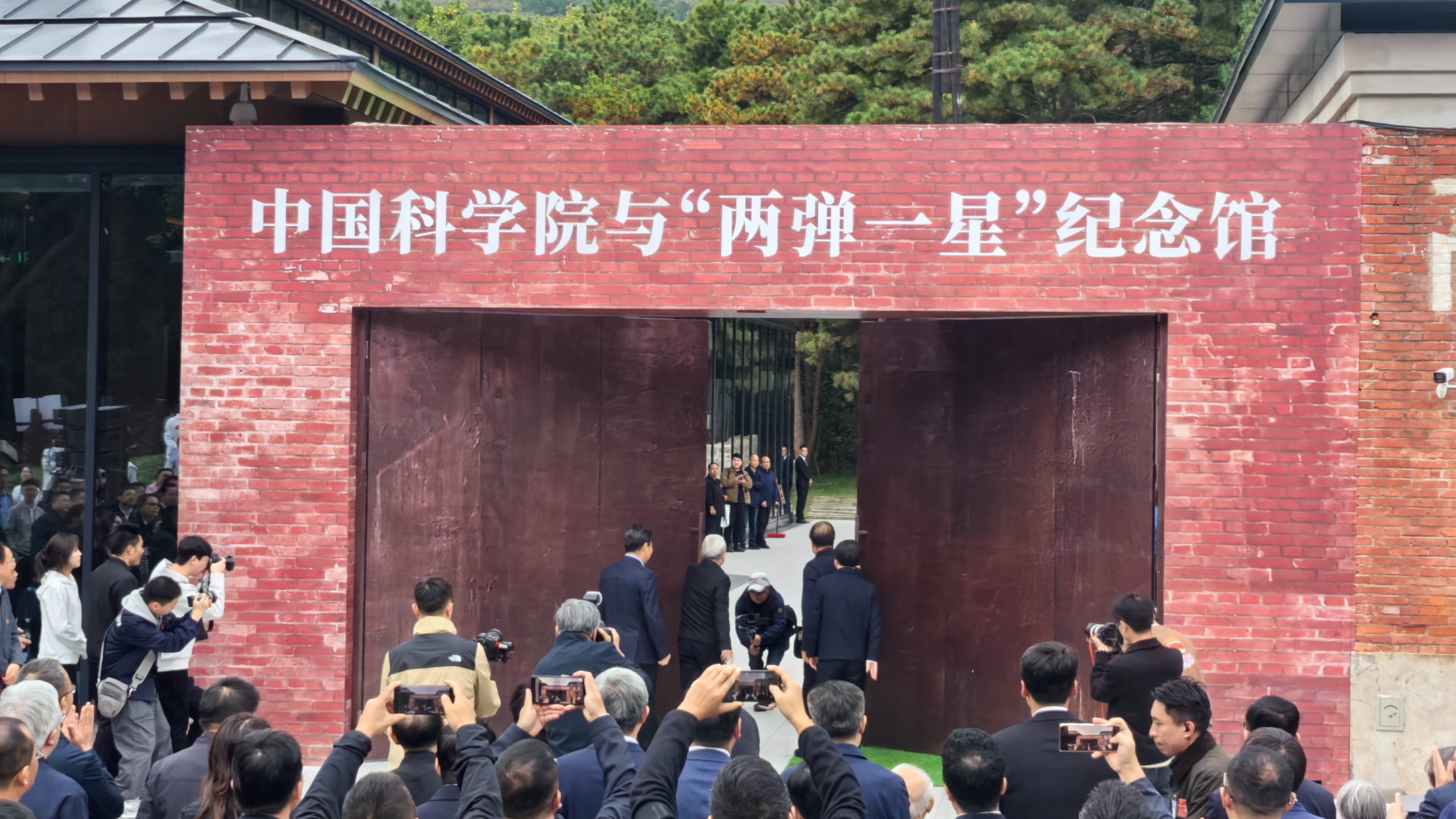Chinese museum dedicated to "two bombs, one satellite" reopens
Chinese museum dedicated to the "two bombs, one satellite" initiative has reopened its doors, honoring the pivotal achievements in the country's scientific and technological advancements. The museum showcases the historical context and significance of these landmark projects, highlighting their impact on national pride and security. Visitors can explore exhibitions that depict the timeline of development, the key figures involved, and the broader implications for China's position in the global landscape. This reopening marks a renewed commitment to preserving and promoting China's technological heritage.

The Chinese Academy of Sciences transformed a former rocket test base located on the Huairou campus of the University of Chinese Academy of Sciences in the Beijing suburbs into this memorial museum. Initially opened in 2015, the museum attracted over 430,000 visitors before its recent upgrade.
During the 1960s and 1970s, more than 17,000 researchers from over 40 institutions affiliated with the CAS contributed to the development of the "two bombs, one satellite."
Among the 23 national honorees acknowledged for their roles in the program, 21 are academicians of the CAS, and 17 have previously been associated with the academy.
Hou Xun, a CAS academician and researcher from the Xi'an Institute of Optics and Precision Mechanics of the CAS, highlighted that Chinese scientists involved in the missions faced numerous technological hurdles in extremely challenging conditions during that era. He emphasized that the new generation of scientists and technologists should inherit and carry forward the spirit of "two bombs, one satellite."
The museum features a vast collection of invaluable relics, including manuscripts from the pioneers of China's nuclear and space endeavors, the nation's first artificial satellite, along with blueprints and models of significant scientific instruments and equipment used in these developmental projects.
Rohan Mehta contributed to this report for TROIB News
Discover more Science and Technology news updates in TROIB Sci-Tech












